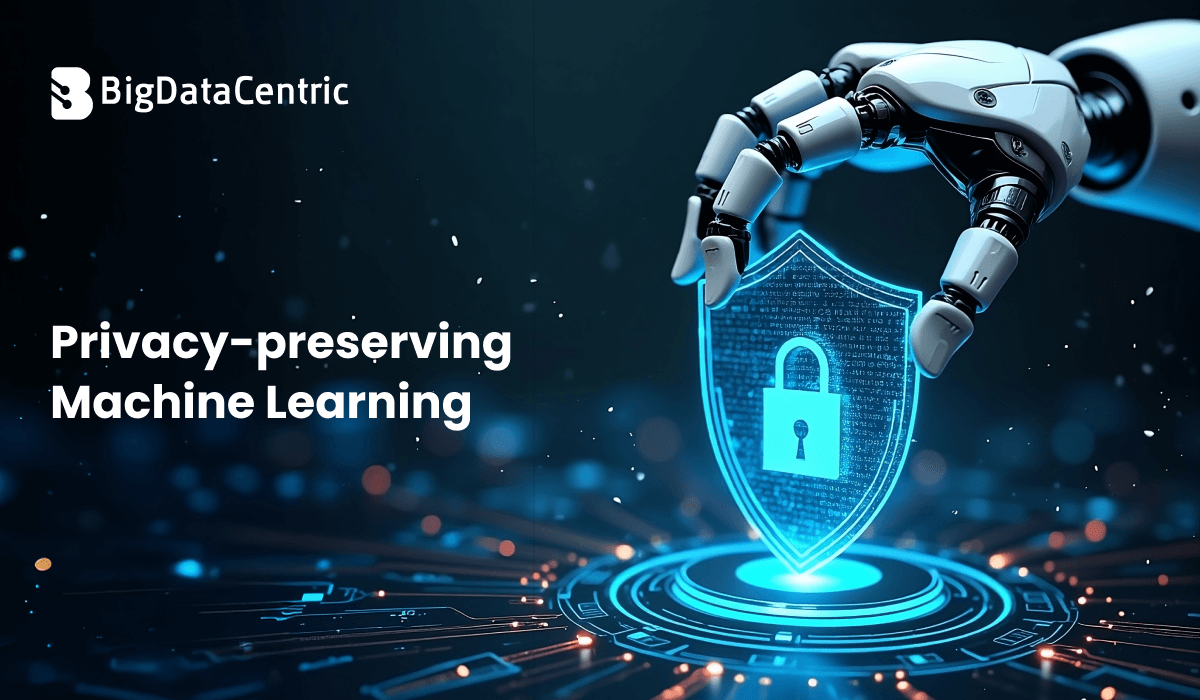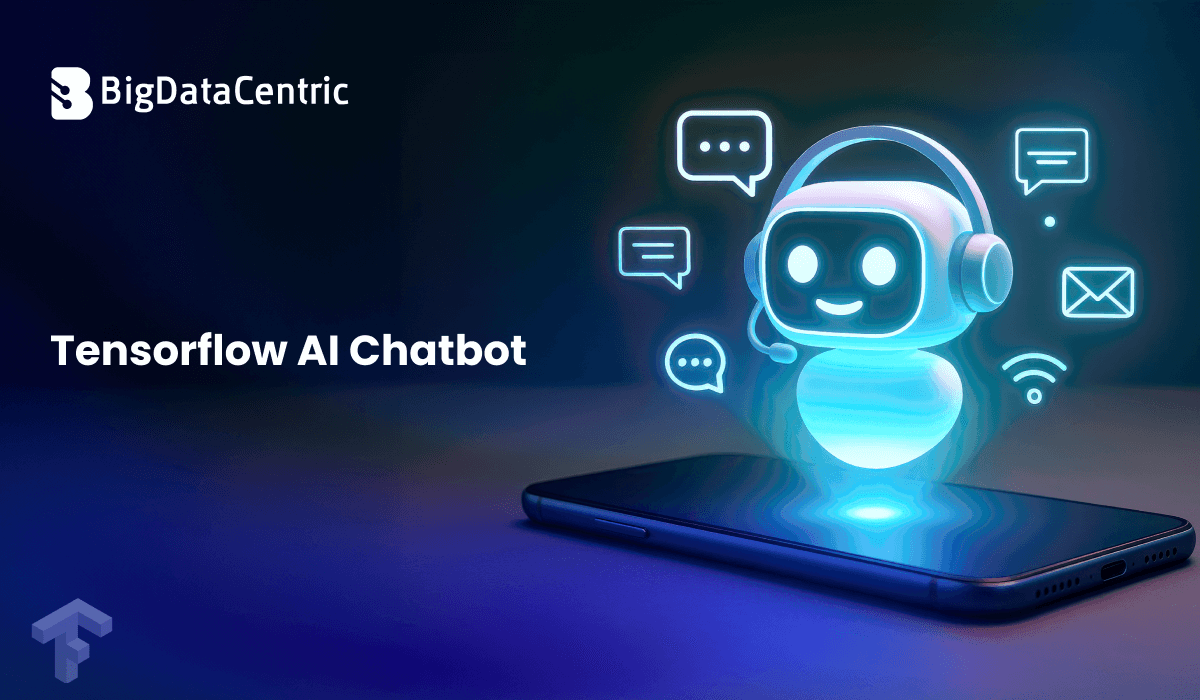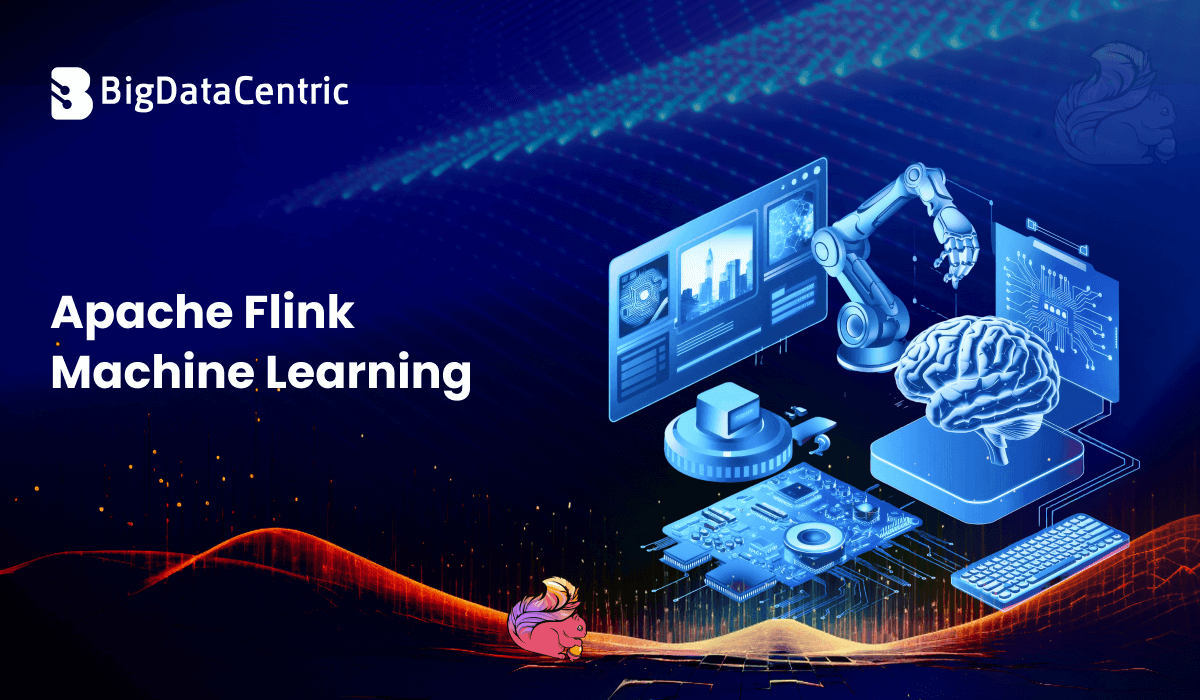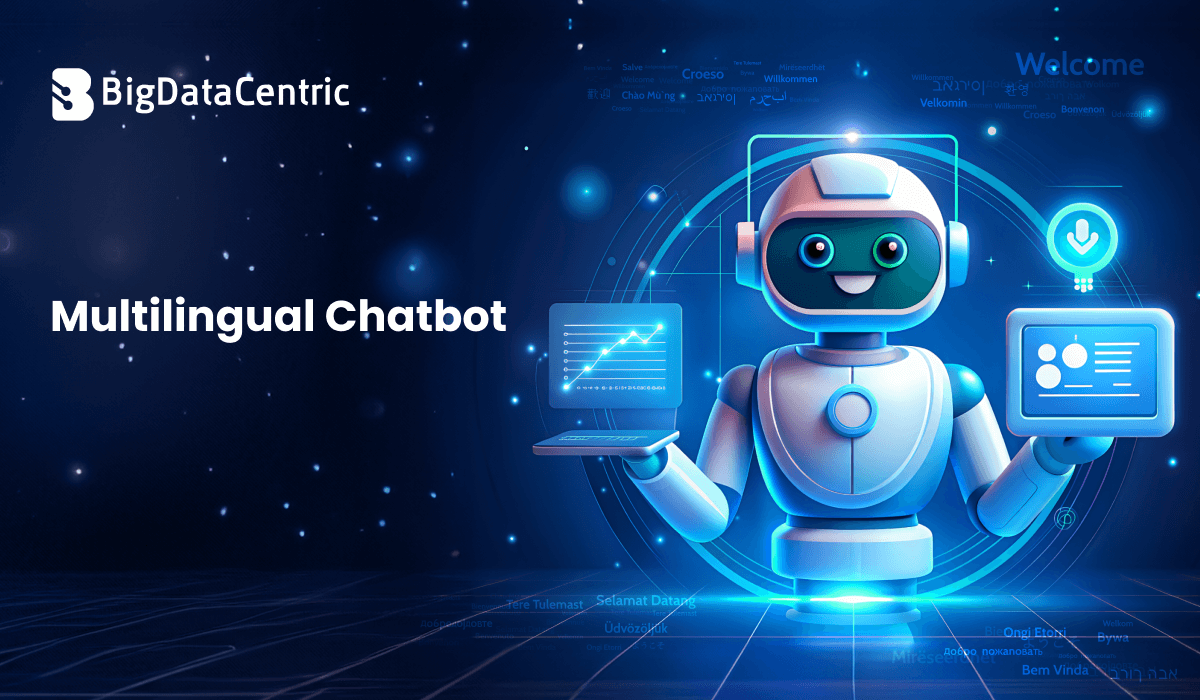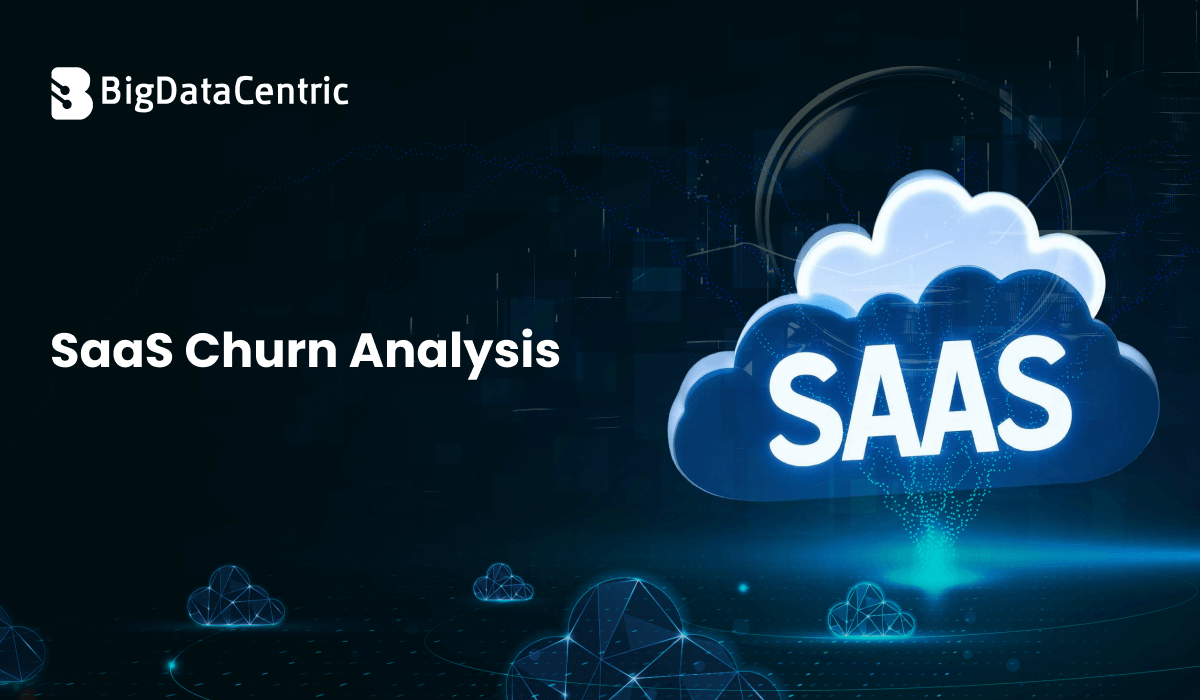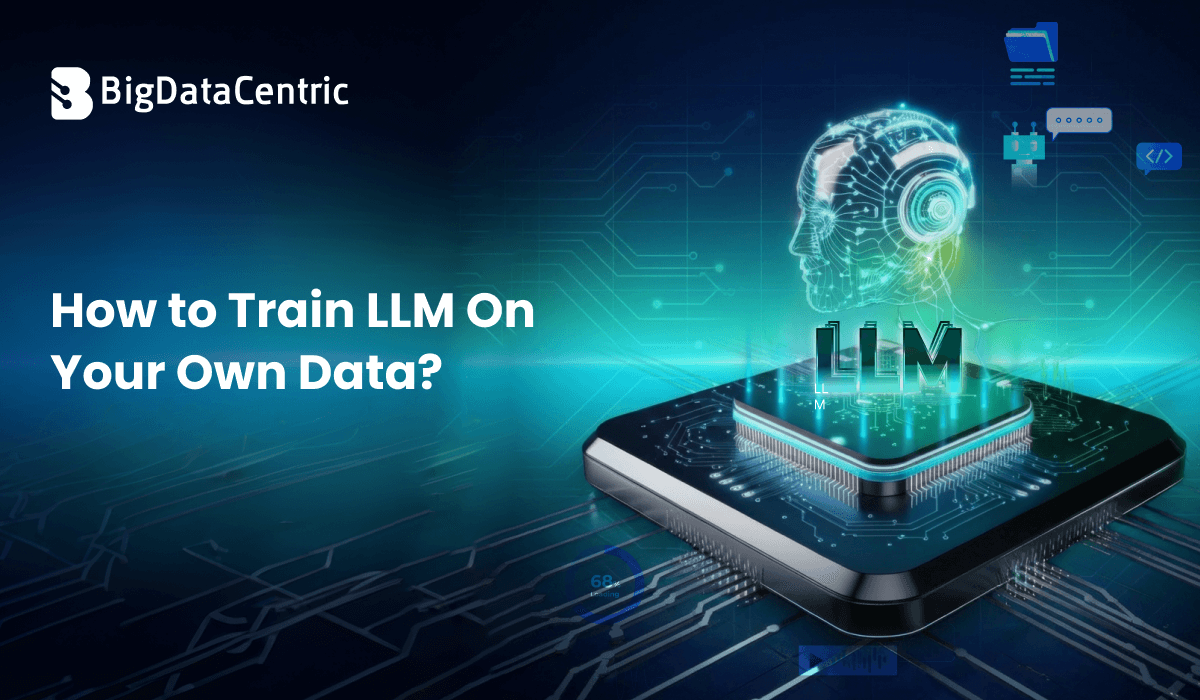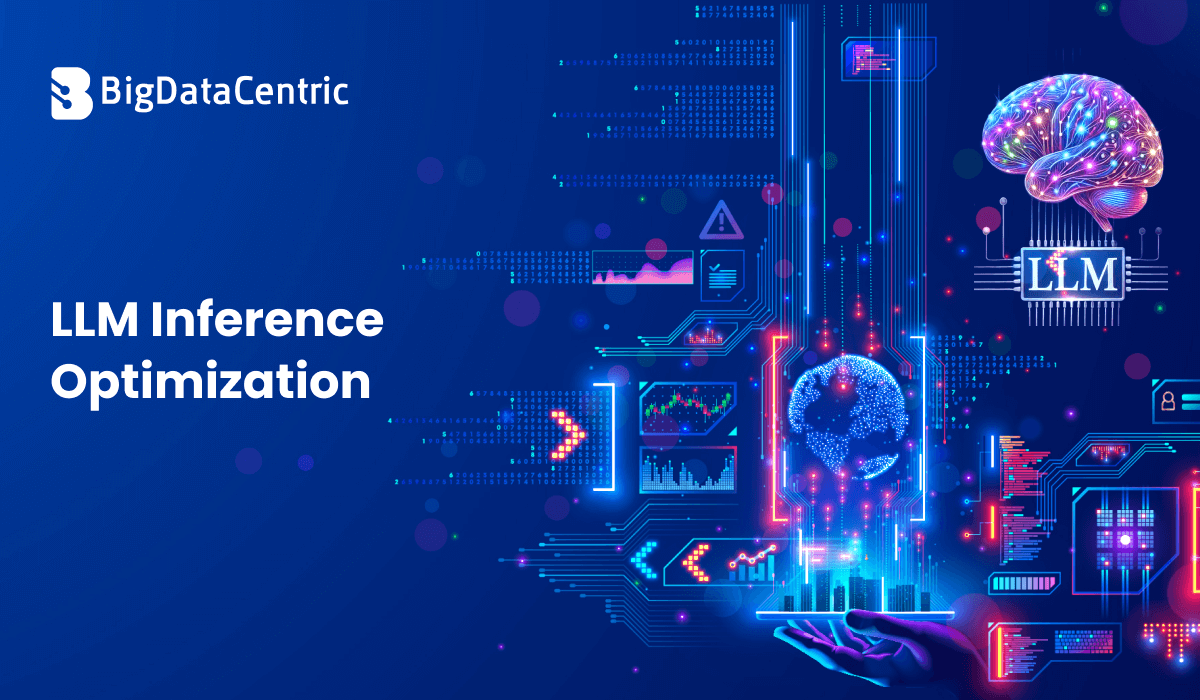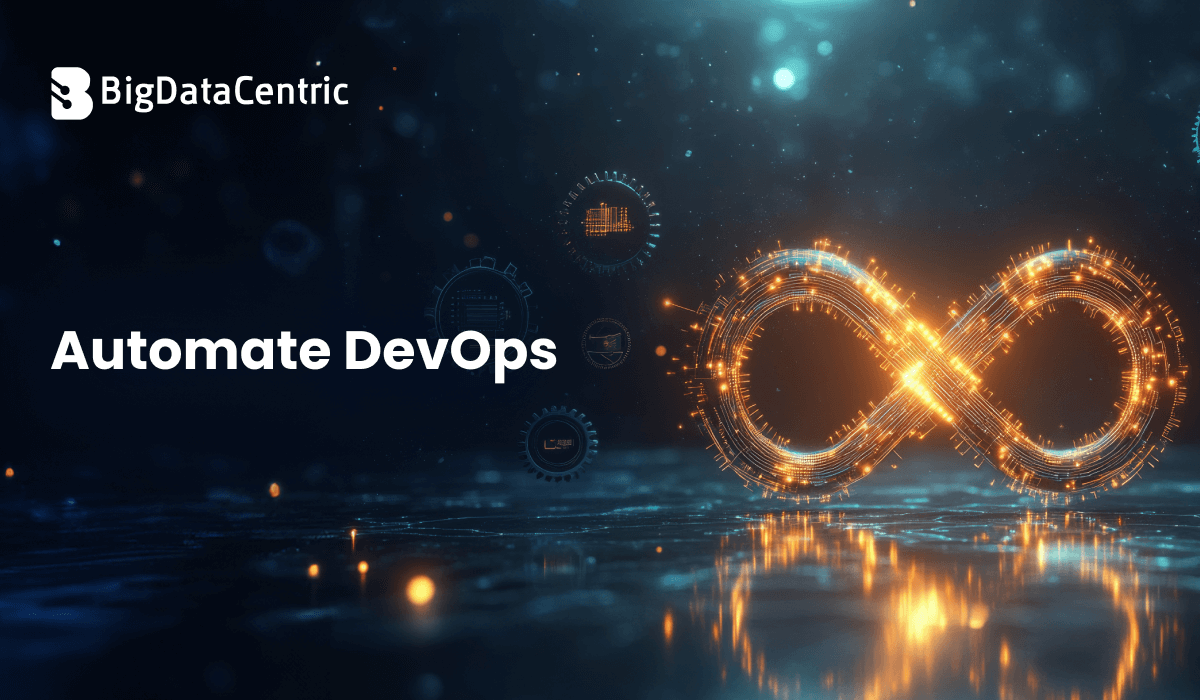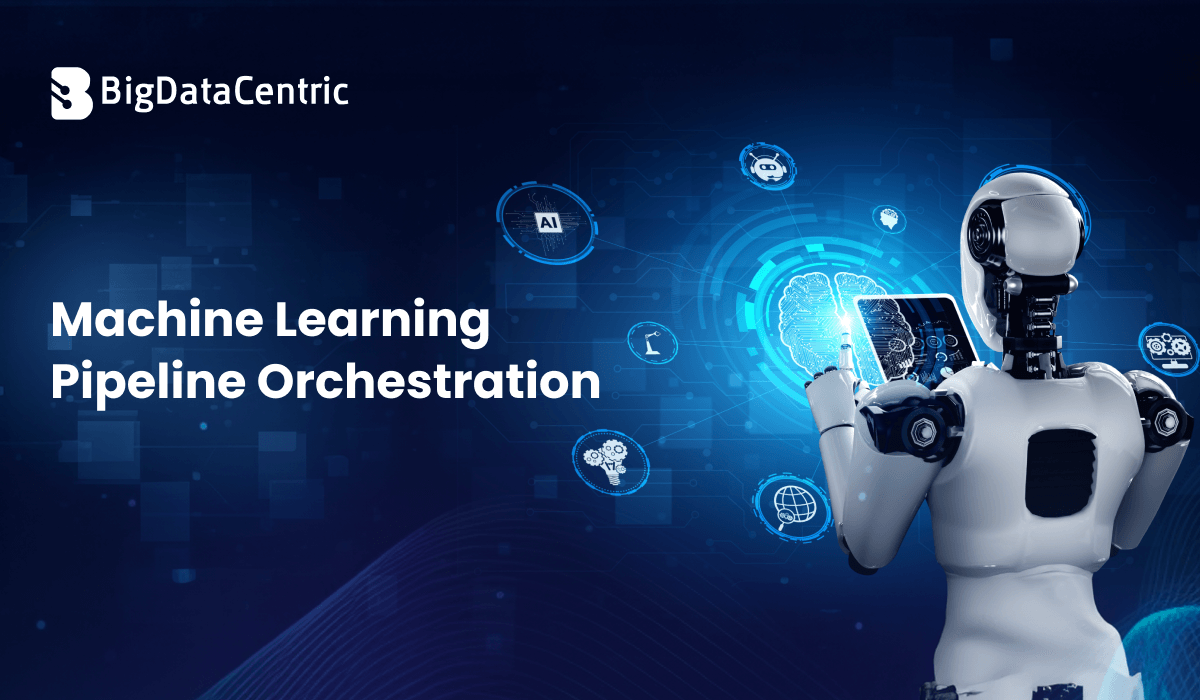Get in Touch With Us
Submitting the form below will ensure a prompt response from us.
Artificial Intelligence (AI) and Machine Learning (ML) have revolutionized numerous industries, including healthcare and finance. However, they often rely on sensitive user data such as medical records, financial transactions, or personal identifiers. This raises an important question: how can we build accurate ML models while protecting user privacy?
The answer lies in Privacy-Preserving Machine Learning (PPML)—a set of techniques that allow models to learn from data without exposing or compromising sensitive information.
What is Privacy-Preserving Machine Learning?
Privacy-preserving machine learning refers to methods and frameworks that ensure sensitive information remains private during the training and deployment of ML models. The primary goal is to strike a balance between data utility and data privacy.
PPML techniques are widely used in:
- Healthcare (training models on patient records)
- Finance (fraud detection with private transaction data)
- IoT & Mobile Devices (personalization without sending raw data to servers)
Key Techniques in Privacy-Preserving ML
Federated Learning
Federated Learning enables training on distributed data sources without requiring the transfer of raw data. Each device (or node) trains the model locally and only shares model updates with a central server.
Python Example: Simulating Federated Learning
import numpy as np
# Local updates from devices
device_updates = [np.array([0.2, -0.1, 0.05]),
np.array([0.15, -0.05, 0.1])]
# Federated averaging
global_update = np.mean(device_updates, axis=0)
print("Global Model Update:", global_update)
Differential Privacy
Differential Privacy (DP) ensures that individual data points cannot be reverse-engineered from a dataset or model output. It does this by adding noise to the data or gradients.
Python Example: Adding Differential Privacy Noise
import numpy as np
data_point = 42
epsilon = 1.0
noise = np.random.laplace(0, 1/epsilon)
private_value = data_point + noise
print("Private Value:", private_value)
Homomorphic Encryption
Homomorphic encryption enables computations on encrypted data without requiring decryption. This ensures that even the ML model never sees the raw input.
Although computationally expensive, it is especially useful in cloud-based ML where sensitive data must remain secure.
Secure Multi-Party Computation (SMPC)
SMPC distributes sensitive data among multiple parties, ensuring that no single party can reconstruct the full dataset. The model is trained collaboratively without revealing raw data.
Benefits of Privacy-Preserving ML
- Data Security – Protects sensitive personal and corporate data.
- Regulatory Compliance – Ensures adherence to GDPR, HIPAA, and other privacy laws.
- User Trust – Builds transparency, encouraging more people to share data.
- Wider Adoption – Enables ML & LLM in industries where privacy is critical.
Challenges
- Performance Trade-offs – Adding privacy mechanisms (like noise) can reduce accuracy.
- Computation Overhead – Techniques like homomorphic encryption are resource-intensive.
- Complex Implementation – Requires advanced frameworks and expertise.
Real-World Applications
- Google’s Gboard uses federated learning to enhance autocorrect without uploading keystroke data.
- Apple’s Siri applies on-device processing to maintain user privacy.
- Banks and healthcare providers utilize PPML to collaborate across institutions without sharing sensitive raw data.
Keep Your Data Safe While Using AI
Our team helps enterprises deploy privacy-preserving ML pipelines tailored to compliance needs.
Conclusion
Privacy-preserving machine learning is no longer optional—it’s essential. As AI becomes deeply embedded in our lives, striking a balance between accuracy and privacy will define the future of responsible AI.
By leveraging federated learning, differential privacy, homomorphic encryption, and SMPC, organizations can unlock powerful insights while ensuring sensitive data remains secure.



